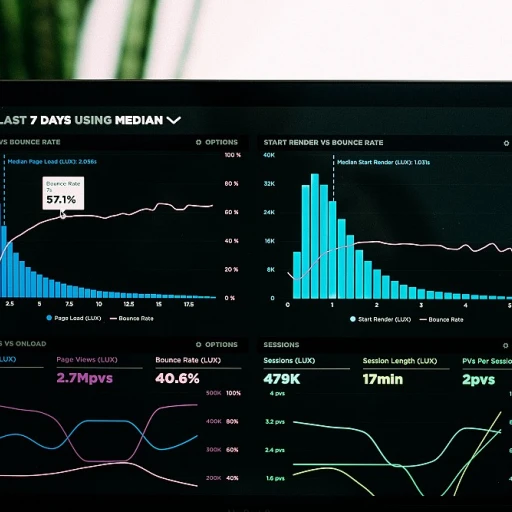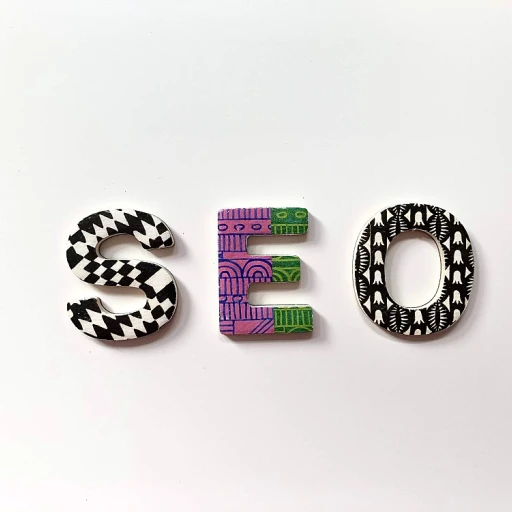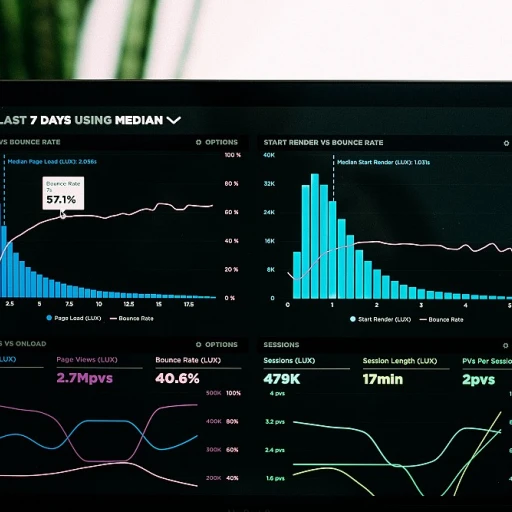Understanding CRM Funnels
Decoding CRM Funnels and their Significance
In the world of business, understanding CRM funnels is pivotal for effective marketing strategies. These funnels are the frameworks that guide businesses in managing their relationships with both potential and existing customers. A CRM funnel meticulously outlines the different stages a customer goes through, from the initial point of contact to the ultimate goal of conversion and beyond. CRM funnels motivate businesses to adopt a process-driven approach to convert leads into loyal customers. The funnel stages represent critical touchpoints and interactions with leads, nurturing them through informed and meaningful engagement. By focusing on the progression of customers through the funnel, companies can better align their marketing, sales, and customer service efforts. A traditional CRM funnel includes stages like lead generation, lead nurturing, lead qualification, and the final conversion in the sales funnel. Each stage is distinct, yet interconnected, ensuring smooth transitions through the customer journey. This journey, when monitored effectively, can improve conversion rates and positively impact the business's bottom line. To fully optimize CRM funnels, it's imperative to integrate elements like email marketing, social media engagement, and personalized content. These elements are essential tools for nurturing leads through the various stages, ultimately providing a seamless path to conversion. For those interested in how to enhance on-page SEO with knowledge-based trust and factual accuracy, refer to this informative article which can provide more nuanced insights into this domain. Overall, mastering CRM funnels is critical for any business seeking to optimize their marketing efforts and cultivate meaningful customer relationships. As we'll explore further, AI also plays an influential role in refining and enhancing these funnels, aiding in maximizing efficiency and effectiveness.The Role of AI in Optimizing CRM Funnels
AI Integration for Optimized Customer Relationship Strategies
Artificial Intelligence has become a transformative force in improving the efficacy of Customer Relationship Management (CRM) funnels. By leveraging AI, businesses can enhance their customer engagement, ultimately leading to more effective marketing strategies and higher conversion rates. Here’s how AI has been making strides in CRM funnel optimization:- Data Analysis and Segmentation: AI excels at processing large volumes of data, allowing for precise segmentation of potential leads. By analyzing customer data, companies can identify distinct groups within their audience. This enables more targeted marketing efforts, tailored to the specific needs and preferences of each segment. Consequently, it streamlines the lead generation process by focusing on leads that are likely to convert.
- Improved Lead Nurturing: AI-powered tools can automate and optimize lead nurturing processes within CRM systems. For example, AI can analyze customer interactions—such as email responses or social media engagements—and recommend personalized communication strategies for each stage of the customer journey. This ensures that the marketing funnel is continually nurturing potential leads until they are ready to convert into clients.
- Enhanced Sales Process: Through AI integration, the sales funnel becomes more efficient. AI can predict customer needs with impressive accuracy, recommending products or services that align with the interests and behaviors of potential customers. This level of prediction refines the sales process, enabling a seamless transition from lead qualification to conversion.
- Efficiency in CRM Funnels: AI's role extends beyond traditional CRM capabilities. By automating repetitive processes and identifying bottlenecks in the customer journey, it helps in refining CRM funnels. This not only improves the browsing experience for customers but also boosts overall business productivity.
Types of CRM Funnels for Marketing
Understanding Marketing Funnels: Tailoring CRM for Success
The world of Customer Relationship Management (CRM) is vast, and its capacity to drive successful marketing efforts is well-documented. Among its most powerful tools are CRM funnels, which guide businesses through the critical process of nurturing leads into loyal customers. Marketing funnels have various stages that align with the customer journey, focusing on lead generation, lead nurturing, and conversion activities. At the top, the marketing funnel often emphasizes raising awareness about products and services, using tactics such as social media and email marketing to attract leads. As potential customers move deeper into the funnel, CRM systems help track and segment leads to provide more personalized content and offers, boosting lead qualification efforts. The sales process can be tailored using different types of CRM funnels, each suited to particular business needs. Examples include:- Lead Funnels: Primarily focused on capturing and managing new leads, this type helps businesses streamline the early stages of customer acquisition by ensuring efficient lead management.
- Sales Funnels: Designed to nurture leads through the decision-making process, often involving direct engagement, targeted content, and strategic follow-ups to increase conversion rates.
- Email Nurturing Funnels: These emphasize maintaining engagement with existing leads through personalized, value-driven email marketing campaigns.
- Product or Service Funnels: Tailored to align the customer journey with specific products or services, assisting businesses in managing client interactions based on unique offerings.
AI-Powered SEO Techniques for CRM Funnels
Enhancing CRM Funnels with AI-Driven SEO Techniques
Artificial intelligence offers innovative ways to enhance CRM funnels by optimizing search engine performance. Through AI-powered SEO techniques, businesses can improve their visibility and reach more potential customers at various stages of the funnel. This section explores how these advanced strategies assist in creating efficient marketing funnels that boost lead generation and conversion rates.- Personalized Content Creation: AI analyzes large datasets to identify trends and preferences, allowing personalized content recommendations tailored to customer interests. This enhances the customer journey by delivering relevant marketing messages at each stage, fostering lead nurturing and boosting conversions.
- Enhanced Keyword Targeting: AI tools can categorize complex search queries and optimize content using long-tail keywords that align with user intent. This precision helps attract high-quality traffic, further assisting businesses in refining their lead management process.
- Optimized Marketing Strategies: Social media, email marketing, and other channels benefit from AI's ability to predict trends and user behaviors. By analyzing customer data, AI helps refine strategies across different funnel stages to maximize efficiency in driving leads through the marketing funnel.
- Automation and Real-Time Adjustments: AI enables real-time data analysis and automates SEO adjustments based on dynamic market conditions. This agility supports businesses in keeping their CRM systems updated, ultimately enhancing the sales process and customer experience.
- Improving Conversion Rates: By employing AI-driven insights, businesses can better understand customer purchasing patterns and adapt their CRM funnel strategies to optimize conversion rates. AI tools can also help in evaluating the effectiveness of various promotions and content types, ensuring that every stage is tailored for maximum impact.
Challenges in AI-Driven CRM Funnel Optimization
Complexities of AI-Driven CRM Funnel Optimization
Implementing Artificial Intelligence (AI) for optimizing CRM funnels presents a myriad of challenges that businesses must navigate to enhance the effectiveness of their marketing strategies. As companies strive to generate leads and convert them into loyal customers through various funnels, AI can provide unprecedented insights and automation capabilities. However, mastering the integration of AI into these processes isn't without its difficulties.
Data Quality and Integration Issues
A primary challenge in AI-driven optimization lies in managing large amounts of data. To effectively analyze leads and customer journeys through sales funnels or other types of CRM funnels, businesses need consistent and high-quality data. Without well-integrated CRM systems that can consolidate data from email marketing, social media, and other sources, AI cannot accurately help with lead qualification or lead management.
Aligning AI with Business Goals
AI technologies must align with specific business objectives, which often differs across products and services. Whether the focus is on improving conversion rates or streamlining customer journeys, AI must be tailored to the particular types of funnels used, like those for sales or marketing. Enterprises must ensure that their AI strategies support their overarching goals and can adapt to shifting market dynamics.
Ensuring Ethical AI Utilization
As AI plays a more significant role in CRM funnels, ethical considerations must be addressed to maintain trust with clients and customers. Transparency in how AI processes data and makes decisions is crucial. This transparency can reassure clients and nurture trust within the customer relationship management process, ultimately supporting lead nurturing and management efforts.
AI's potential to transform traditional CRM and marketing funnels is vast, but overcoming its inherent challenges is essential for businesses aiming to thrive in a competitive landscape. Mastering these aspects can lead to more efficient customer acquisition and engagement strategies."}













